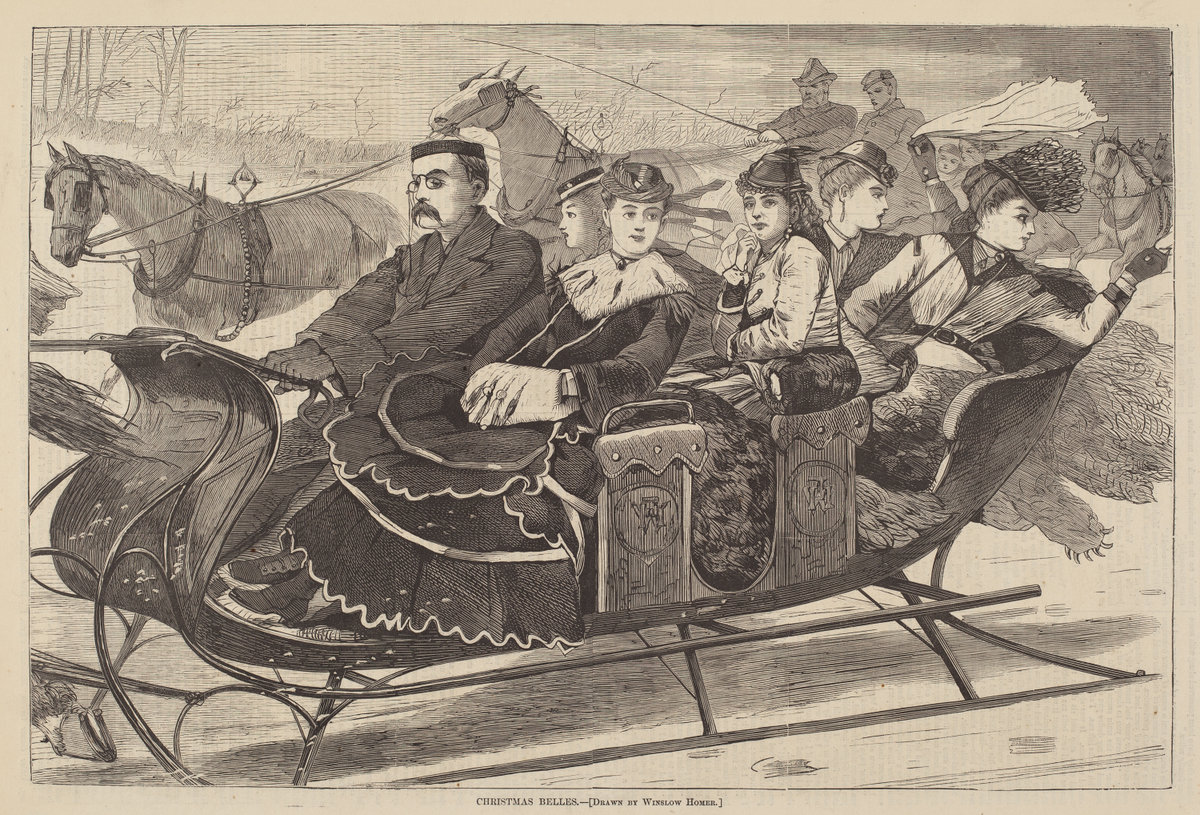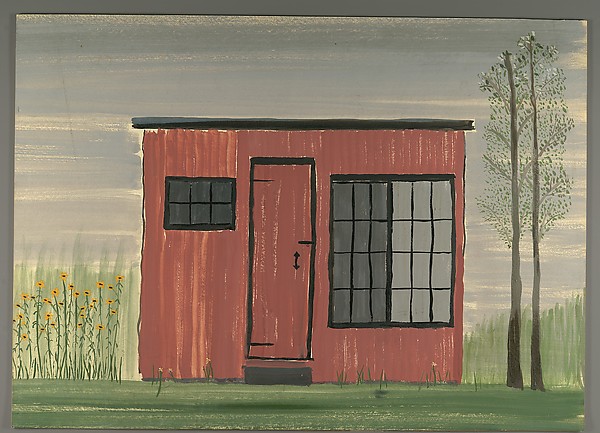As the world watches, the situation in Burundi grows increasingly worrisome. US ambassador to the UN, Samantha Power, claims that things are “going to hell.” UN High Commissioner for Human Rights Zeid Ra’ad Al Hussein says “Burundi is at bursting point.” The African Union has called on the killings to stop while declaring that Africa will not allow another genocide. To that end, the AU has agreed to deploy a 5,000 strong peacekeeping force against the Burundian government’s wishes. Making the conflict even more complex, recent reports suggest that neighboring Rwanda is encouraging further violence by recruiting and supporting armed groups fighting against the government. And while political violence in the country garners the majority of media attention, aid workers warn the humanitarian situation has become a disaster. Over 200,000 have already fled the country, with levels of displacement and food insecurity presenting serious concerns for the days ahead.
Elsewhere on the continent, the civil war in South Sudan has now entered it’s third year. The ongoing violence has made it difficult for farmers to harvest their crops – consequently, instances of malnutrition and food insecurity are skyrocketing. As if the situation were not dire enough, a recent report describes the alarming ubiquity of child soldiers in the conflict.
Recent EU initiatives – namely, a $2 billion plan to curtail illegal immigration from Africa – demonstrate an awareness that any sustained solution to the migrant crisis must address the challenges currently faced in countries such as Burundi and South Sudan. The European Commission has also put forward a proposal for a European Border and Coast Guard to more effectively address the region’s porous periphery. In addition to these initiatives, many are pointing to Canada’s private sponsorship programmes as a possible means of confronting the challenges posed by the recent surge in immigration.
On a positive note, a UN-sponsored deal in Libya has resulted in a tentative agreement between the country’s warring factions to move towards a unity government. On the other hand, UN-sponsored peace talks regarding the conflict in Yemen appear to have stalled after reports of ceasefire violations by both sides. As noted previously on PV@G (see here and here), the conflict in Yemen could have wide-ranging implications for the region as a whole. Furthermore, the general instability and chaos created by the civil war provides the perfect environment for groups such as ISIS and AQAP to sustain and grow in the region.








1 comment